Creepy crawlies feature prominently in the dream world, and spiders are among the most popular dream symbols in the arachnid family. If you have seen a spider in your dream or in reality, you know that they come in different colors and sizes. The jet black spider and the red spider appear more frequently, but there are also the white spider, green spider, blue spider, and yellow spider. In some instances, the spider is not black, but a strange color. Some dreamers envision a striped spider, hairy spider or strange spots on the spider.
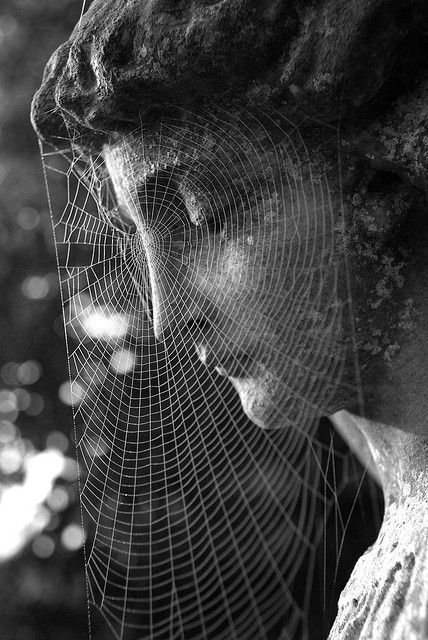 What does it mean when you dream about spiders? What do spiders signify in our dream? In traditional dream analysis, a spider can denote the following: a web of lies, trust is being challenged, something is worrying you and the feeling of being trapped. What spiders mean prophetically and spiritually will depend on your cultural background and beliefs. What do spiders mean in dreams from psychology perspective? Carl Jung associates spiders with the Shadow archetype or the dark side of your personality.
What does it mean when you dream about spiders? What do spiders signify in our dream? In traditional dream analysis, a spider can denote the following: a web of lies, trust is being challenged, something is worrying you and the feeling of being trapped. What spiders mean prophetically and spiritually will depend on your cultural background and beliefs. What do spiders mean in dreams from psychology perspective? Carl Jung associates spiders with the Shadow archetype or the dark side of your personality.
To most people, the spider is extremely big and scary that is why a lot of dreamers have nightmares featuring spiders. But why are we so afraid of spiders? Maybe it is their hairy legs that make you recoil when you dream of spiders crawling on you or you fear spiders biting you. Seeing a spider in your home or spider crawling on you or your family can also represent a security breach or invasion of privacy. To awaken in a dark room surrounded by spiders is equally terrifying.
Scary movies tend to feature gigantic spiders and these spooky images get embedded in the subconscious. You could see millions of spiders crawling on you, get attacked by a spider in a dream, or dream of a jumping spider. Overcome your fear because these symbols can be helpful. If the spider bites you in a dream, take heed because you are about to be betrayed.
In some dreams, it is not the spider itself that is in focus. You may want to know what do spider webs mean in your dream or to be trapped in a spider’s web? To dream of spider eggs and baby spiders can be a sign of a developing illness. It is a reminder to take care of yourself. Meanwhile, to dream of spiders hanging over your head in a dream indicates unfinished business. And if you dream of spiders everywhere, it means people are ganging up on you.
Specific spider characteristics can provide meaningful dream interpretations. For example, you may be asking yourself what does it mean to dream of seeing large spiders or to dream of a poisonous spider? In contrast, when a nonpoisonous spider tickles your back, it means your fears are unfounded because a spider tickling you usually means you have an unlikely ally.
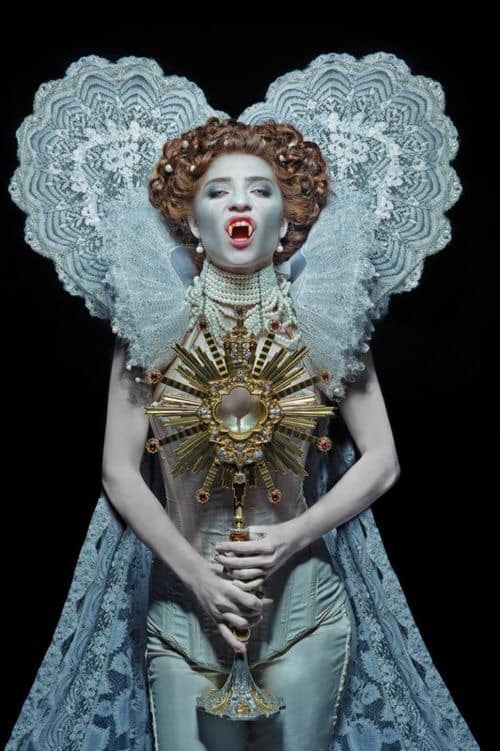 Spider dreams do not have to be scary. Feelings you may have encountered during a dream of seeing a spider can vary from morbid shock to unexpected surprise in some instances. You may just have a harmless dream of a spider standing still or wake up in your dream and the spider is on top of you. You could even keep a spider as a pet in a dream or dream of a spider in your bed.
Spider dreams do not have to be scary. Feelings you may have encountered during a dream of seeing a spider can vary from morbid shock to unexpected surprise in some instances. You may just have a harmless dream of a spider standing still or wake up in your dream and the spider is on top of you. You could even keep a spider as a pet in a dream or dream of a spider in your bed.
Arachnophobia may heighten the image of a spider while in REM sleep. If you have spider phobia, you could have a vivid dream and suddenly see the spider darting across the floor, spider climbing a ceiling or wall, or be chased by a spider and it kills you. Seeing a climbing spider, talking spider and two spiders may have multiple implications depending on how you feel about spiders. In general, for a spider to chase you in a dream is an indication of defeat, meanwhile if two spiders attack each other in your dream then a blessing will come with some bad news. On the other hand, to dream of a spider running away from you means you are destined for great things.
A self-assured dreamer could take control of a dream. In some cases, you could kill a spider in a dream. You could even dream of killing multiple spiders in a dream if you feel confident and brave in a vision. This is an auspicious symbol because the imagery of a dead spider in a dream represents your triumph over your enemies. The bigger the spider, the more blessings you will receive. So, killing a giant spider in a dream points to the realization of your deepest desires and aspirations. Killing deadly spiders, such as killing a tarantula or to kill a black widow in a dream, portends vanquishing a powerful and influential enemy against all odds.
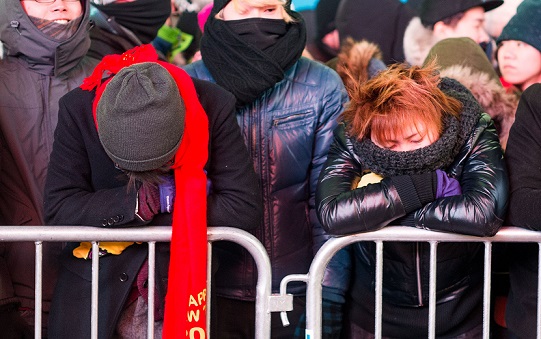 It’s that time of year again when you look back to assess your life based on accomplishments and areas for improvement. Are you excited to get started with your goals or are you still wallowing in regrets? Either way, it’s nice to have a list of resolutions to help you hit the ground running this coming 2019. If you still haven’t thought about your New Year’s resolutions, you may want to examine your dreams for subconscious signals about what you should set your sights on.
It’s that time of year again when you look back to assess your life based on accomplishments and areas for improvement. Are you excited to get started with your goals or are you still wallowing in regrets? Either way, it’s nice to have a list of resolutions to help you hit the ground running this coming 2019. If you still haven’t thought about your New Year’s resolutions, you may want to examine your dreams for subconscious signals about what you should set your sights on.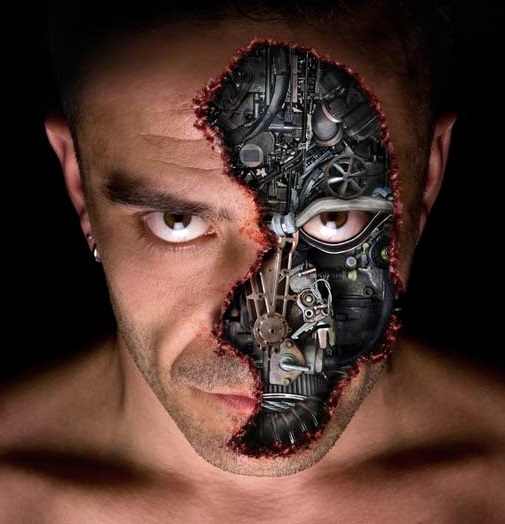
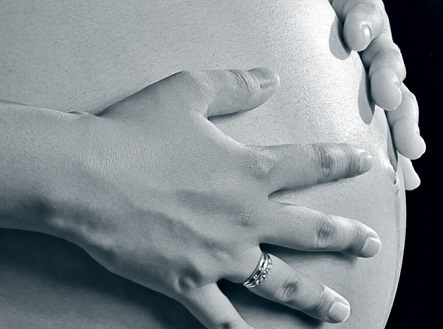 Our responsibilities also bleed into our dreams. Almost all
Our responsibilities also bleed into our dreams. Almost all  When awake, we are bombarded by external forces and stimuli which influence how we behave and project ourselves to the world. As we sleep, we carry all this information into the dream world, so that we can process and reflect on the events that happened during the day. During waking hours, our mind is constantly aware of the surroundings and the outer world, but when we dream our subconscious shifts its attention to the inner world for introspection. It is the time for internalizing all the information we absorbed and finding possible connections in seemingly random images. This is why so many people see images of themselves or their
When awake, we are bombarded by external forces and stimuli which influence how we behave and project ourselves to the world. As we sleep, we carry all this information into the dream world, so that we can process and reflect on the events that happened during the day. During waking hours, our mind is constantly aware of the surroundings and the outer world, but when we dream our subconscious shifts its attention to the inner world for introspection. It is the time for internalizing all the information we absorbed and finding possible connections in seemingly random images. This is why so many people see images of themselves or their  The self-obsessed selfie culture propagated by social media has put even greater pressure on people to look their best for fear of being rejected or ridiculed. Among the latest vanity trends and excessive focus on beauty is the dieting and exercise bandwagon. Role models, exacerbated by peer pressure and media scrutiny, further legitimize this trend touting hip terms such as “fitspiration” and “summer bod” which put a premium on unattainable and impractical body image. While proper diet and exercise are good for health and wellness, some people tend to overdo it for the sake of appearances and quick gains. The stress of losing weight and gaining six packs can sometimes be psychologically taxing that these images find their way into our dreams.
The self-obsessed selfie culture propagated by social media has put even greater pressure on people to look their best for fear of being rejected or ridiculed. Among the latest vanity trends and excessive focus on beauty is the dieting and exercise bandwagon. Role models, exacerbated by peer pressure and media scrutiny, further legitimize this trend touting hip terms such as “fitspiration” and “summer bod” which put a premium on unattainable and impractical body image. While proper diet and exercise are good for health and wellness, some people tend to overdo it for the sake of appearances and quick gains. The stress of losing weight and gaining six packs can sometimes be psychologically taxing that these images find their way into our dreams.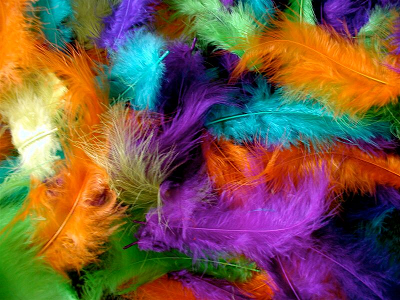 Without jumping in stormy waters of attempting to answer questions like “Can visually-impaired people have colored dreams”, let’s consider the effects of colors on our subconscious states and the most commonly-interpreted meanings of these dreams. Colors in dream interpretation are usually closely associated with parallel symbolic elements of a dream and, generally speaking, it is common that certain colors add to the emotional charge of a dream, thereby detailing and making dream recollections more saturated and prominent, but not necessarily easier to interpret. Rather than trying to focus on particular colors or colors in isolation, it is more interesting and thought-provoking to outline some of the most frequently recalled and discussed color associations, combinations and patterns in
Without jumping in stormy waters of attempting to answer questions like “Can visually-impaired people have colored dreams”, let’s consider the effects of colors on our subconscious states and the most commonly-interpreted meanings of these dreams. Colors in dream interpretation are usually closely associated with parallel symbolic elements of a dream and, generally speaking, it is common that certain colors add to the emotional charge of a dream, thereby detailing and making dream recollections more saturated and prominent, but not necessarily easier to interpret. Rather than trying to focus on particular colors or colors in isolation, it is more interesting and thought-provoking to outline some of the most frequently recalled and discussed color associations, combinations and patterns in  White and pale colors.
White and pale colors.  Neon and screaming colors.
Neon and screaming colors.  But let us take a closer look at the symbolic representations and some details contained within dream related to the images of rats. Apart from their physical characteristics and features which can evoke deep feelings of repulsion and disgust both inside the dream and afterwards, some commonly-experienced dream visions can reveal interesting, if not unusual associations and imagery, especially in the context of a particular dreams scenario.
But let us take a closer look at the symbolic representations and some details contained within dream related to the images of rats. Apart from their physical characteristics and features which can evoke deep feelings of repulsion and disgust both inside the dream and afterwards, some commonly-experienced dream visions can reveal interesting, if not unusual associations and imagery, especially in the context of a particular dreams scenario. For people who are naturally afraid of rats in wake life, these dreams could be either a confirmation of their phobia and repulsion directed at the animals, or a subconscious attempt to examine or question the nature of such fear. The symbolism of encountering a rat is quite often accompanied by the scenes of dark, untidy and unpleasant surroundings transposed into the dream from reality. Therefore, it’s a good indication of the dreamer’s preoccupation with cleanliness, purity or natural aversion to chaos and disorder. However, it could also be quite possible that the person experiencing dreams about rats spends some portion of his or her wake life in unclean, cluttered and messy environments, e.g. as a warehouse worker, a head of a large household which is difficult to manage, and the like.
For people who are naturally afraid of rats in wake life, these dreams could be either a confirmation of their phobia and repulsion directed at the animals, or a subconscious attempt to examine or question the nature of such fear. The symbolism of encountering a rat is quite often accompanied by the scenes of dark, untidy and unpleasant surroundings transposed into the dream from reality. Therefore, it’s a good indication of the dreamer’s preoccupation with cleanliness, purity or natural aversion to chaos and disorder. However, it could also be quite possible that the person experiencing dreams about rats spends some portion of his or her wake life in unclean, cluttered and messy environments, e.g. as a warehouse worker, a head of a large household which is difficult to manage, and the like. Undeniably, during the younger formative years, when the very foundation of memory and cognition is shaped, our subconscious reflections capture a great variety of new imagery, visual and sensory aspects of the everyday life. No wonder, adolescents experience very diverse, if not chaotic dream visions comprised of interwoven symbolic elements accumulated during the wake hours. It would probably be a complicated task for a young person to sort out distinct and discernible visions contained in their dreams in order to interpret them in a meaningful way. The exploratory nature of human mind causes us to retain important moments of our lives, but in a very erratic and disorderly way, so their analysis as far as dream interpretation is concerned, becomes difficult, if not impossible altogether. At this stage we could draw an analogy of subconscious brain activity resembling a computer file system which is being constantly updated without a whole lot of sorting and categorizing of the individual files within that system.
Undeniably, during the younger formative years, when the very foundation of memory and cognition is shaped, our subconscious reflections capture a great variety of new imagery, visual and sensory aspects of the everyday life. No wonder, adolescents experience very diverse, if not chaotic dream visions comprised of interwoven symbolic elements accumulated during the wake hours. It would probably be a complicated task for a young person to sort out distinct and discernible visions contained in their dreams in order to interpret them in a meaningful way. The exploratory nature of human mind causes us to retain important moments of our lives, but in a very erratic and disorderly way, so their analysis as far as dream interpretation is concerned, becomes difficult, if not impossible altogether. At this stage we could draw an analogy of subconscious brain activity resembling a computer file system which is being constantly updated without a whole lot of sorting and categorizing of the individual files within that system. As we age, we gain more experience and start to separate discrete events in our “file system” into more stable and recognizable elements, which are often compiled, coded and stored based on their importance to us. Over the span of our lives, we increasingly attribute more significance to some events while forgetting or even completely ignoring those that seem mundane and unworthy of remembering to us. Figuratively speaking, the subconscious retention at this stage could probably be compared to an old vinyl record etched with certain well-defined and vivid symbolic visions coming alive during our sleep and leaving lasting recollections long after we wake up and go on with the conscious existence.
As we age, we gain more experience and start to separate discrete events in our “file system” into more stable and recognizable elements, which are often compiled, coded and stored based on their importance to us. Over the span of our lives, we increasingly attribute more significance to some events while forgetting or even completely ignoring those that seem mundane and unworthy of remembering to us. Figuratively speaking, the subconscious retention at this stage could probably be compared to an old vinyl record etched with certain well-defined and vivid symbolic visions coming alive during our sleep and leaving lasting recollections long after we wake up and go on with the conscious existence. Many dreams are inherently related to emotions and feelings experienced while dreaming, for example soothing and comforting feelings of warm summer rain, feeling secure and protected while observing rain falling outside in bad weather from inside the house, or expression of loneliness and discomfort while being caught in the cold rain on the street and so on. For some people, while experiencing dreams about rain, the visions can evoke feelings of stressful and worrisome existence, some kind of disturbance or effects which result in excessive introversion, low self-esteem and depression projected into wake life. Psychological aspects of experiencing these kinds of visions can add to formation of complexes and states negatively affecting person’s life, especially if dreams are recurring in their nature.
Many dreams are inherently related to emotions and feelings experienced while dreaming, for example soothing and comforting feelings of warm summer rain, feeling secure and protected while observing rain falling outside in bad weather from inside the house, or expression of loneliness and discomfort while being caught in the cold rain on the street and so on. For some people, while experiencing dreams about rain, the visions can evoke feelings of stressful and worrisome existence, some kind of disturbance or effects which result in excessive introversion, low self-esteem and depression projected into wake life. Psychological aspects of experiencing these kinds of visions can add to formation of complexes and states negatively affecting person’s life, especially if dreams are recurring in their nature. As it has been mentioned before, dreams about rain are closely related to symbols and visions of water, therefore there are a lot of similarities in the way these two type of dreams are interpreted. Often enough, the notions of clear or dirty water are approximated to explain similar dreams about rain. Many sources regard clean and fresh rainwater as a symbol of personal rejuvenation and renewal, the ability to start life over and expect to be favored by the destiny that lies ahead.
As it has been mentioned before, dreams about rain are closely related to symbols and visions of water, therefore there are a lot of similarities in the way these two type of dreams are interpreted. Often enough, the notions of clear or dirty water are approximated to explain similar dreams about rain. Many sources regard clean and fresh rainwater as a symbol of personal rejuvenation and renewal, the ability to start life over and expect to be favored by the destiny that lies ahead.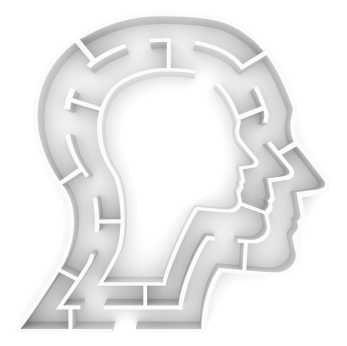 Not surprisingly, remembering and interpreting certain dream symbols can often result in revelations which were somehow already anticipated or expected by the dreamer. However, there are dream symbols which may be difficult to fathom, and a deeper understanding and analysis of life’s circumstances are needed in order to form a cogent connection to the dream visions themselves, especially when a dream is recurring. These symbols may reveal some deeply-rooted subconscious desires. They may be hiding repressed memories of long-forgotten traumas. Or they could be perceived as warnings based on dreamers’ previous life experiences and practical knowledge alerting them about upcoming unfortunate events, giving them ample time to steer clear of future dangers.
Not surprisingly, remembering and interpreting certain dream symbols can often result in revelations which were somehow already anticipated or expected by the dreamer. However, there are dream symbols which may be difficult to fathom, and a deeper understanding and analysis of life’s circumstances are needed in order to form a cogent connection to the dream visions themselves, especially when a dream is recurring. These symbols may reveal some deeply-rooted subconscious desires. They may be hiding repressed memories of long-forgotten traumas. Or they could be perceived as warnings based on dreamers’ previous life experiences and practical knowledge alerting them about upcoming unfortunate events, giving them ample time to steer clear of future dangers.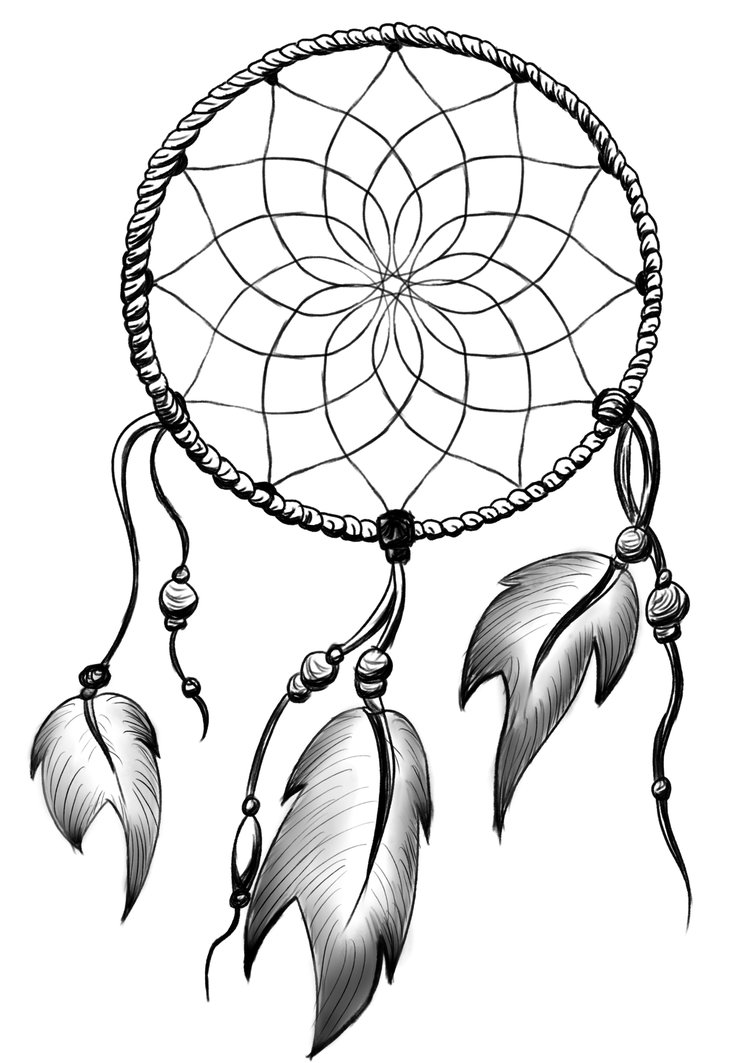 Interpretation of dream symbols using discrete representations of objects, actions and events experienced in a dream can result in some broad ideas for interpretations, however, more detailed combinations of symbolic attributes pertaining to specific dream visions produce much better interpretation results. Many dream interpretation sources posit that symbols are what can be considered elements of the universal language for dream interpretation and often belie a more deeply-rooted and inherent meaning.
Interpretation of dream symbols using discrete representations of objects, actions and events experienced in a dream can result in some broad ideas for interpretations, however, more detailed combinations of symbolic attributes pertaining to specific dream visions produce much better interpretation results. Many dream interpretation sources posit that symbols are what can be considered elements of the universal language for dream interpretation and often belie a more deeply-rooted and inherent meaning.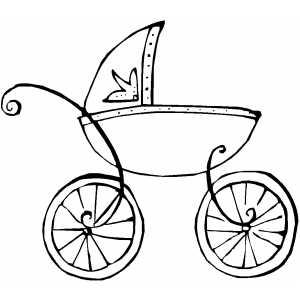 Taking the third dream sample a bit further, it is possible that such a complex dream vision could only be the tip of the iceberg, so to speak. For the sake of argument, and knowing that it would bring readers to a better understanding of symbolism and symbolic meaning, let us assume that one dreamer dreams of “cuddling a crying baby in a room full of countless other people who are doing exactly the same thing, i.e., each cuddling a crying baby, and all seem to be working in a collective effort to calm all the babies down, to no avail.” In analyzing this rather convoluted dream vision, dreamers will be guided by their own conscience, that is, an inner awareness of what part of the vision truly strikes a chord with them in order for them to decide that it is indeed the symbolic image they are seeking a specific answer for. The possibilities to narrow their inquiry to a searchable dream description are as divergent as “many babies,” “strangers taking care of babies,” “baby tantrums,” “room full of crying babies,” “room full of people cuddling crying babies,” and so on.
Taking the third dream sample a bit further, it is possible that such a complex dream vision could only be the tip of the iceberg, so to speak. For the sake of argument, and knowing that it would bring readers to a better understanding of symbolism and symbolic meaning, let us assume that one dreamer dreams of “cuddling a crying baby in a room full of countless other people who are doing exactly the same thing, i.e., each cuddling a crying baby, and all seem to be working in a collective effort to calm all the babies down, to no avail.” In analyzing this rather convoluted dream vision, dreamers will be guided by their own conscience, that is, an inner awareness of what part of the vision truly strikes a chord with them in order for them to decide that it is indeed the symbolic image they are seeking a specific answer for. The possibilities to narrow their inquiry to a searchable dream description are as divergent as “many babies,” “strangers taking care of babies,” “baby tantrums,” “room full of crying babies,” “room full of people cuddling crying babies,” and so on.